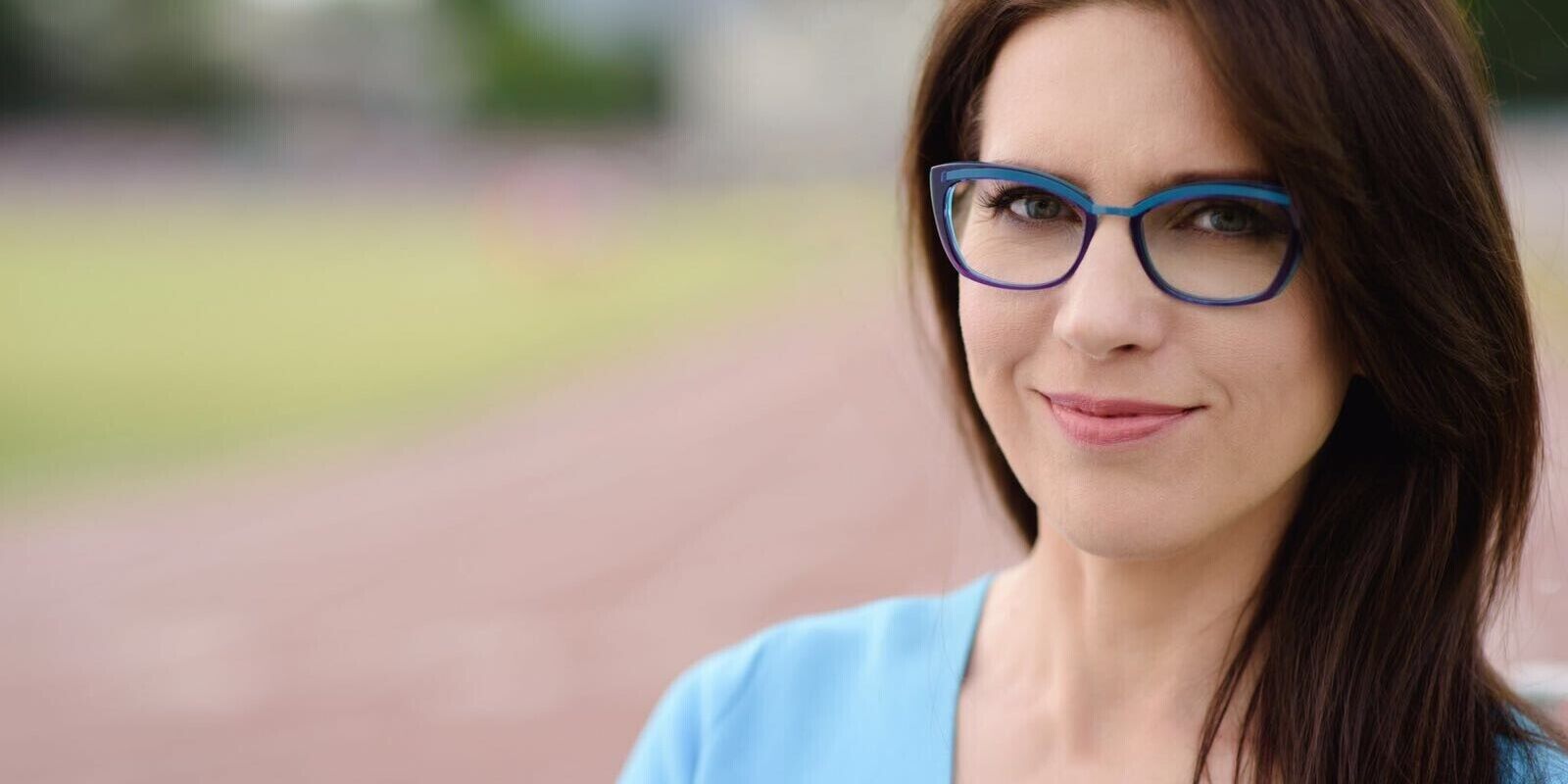
Dr. Małgorzata Siekańska
Malgorzata Siekanska, PhD - is a certified sport psychologist and associate professor at the Department of Psychology at the University School of Physical Education in Krakow (Poland). She completed her M.A. and doctoral studies at the John Paul II Catholic University in Lublin. She specializes in sport and performance psychology. She runs trainings on psychological skills (e.g. interpersonal communication, negotiations and decision making, mental training for young athletes). Her research interests focus mainly on:
- sport talent identification,
- psychological determinants of sport talent development,
- the role of family and social environment in supporting gifted athletes,
- developing expertise and expert performance in sport
- development of self-regulation in sport context
- metacognition (metacognitive self) and self-regulation in elite athletes
Her lectures and presentations at international and Polish conferences, as well as publications are mostly concerned with these issues. She is a member of the International Society of Sport Psychology (ISSP), European Federation of Sport Psychology FEPSAC, the Association of Applied Sport Psychology (AASP) and the Polish Psychological Society– Sport Psychology Division.
Workshop:
W022: Self-regulation and coping with adversities in sport and stage performance
Sport expertise and successful athletic careers are dynamic, uncertain, and depend on the multifaceted fabric of person and contextual factors (e.g., Ericsson, 2003; Siekańska, 2013; Stambulova, 2016). There are many similarities between sport and stage performance: warm-up, expressing oneself through the body, social exposure, striving for the best performance, the role of a coach shares similarities to that one of a director or a conductor. Recently, self-regulation (as a person factor) gained a renewed interest among sport and performance psychology researchers and practitioners (e.g., Jonker et al., 2012; Massey et al., 2013). The current understanding of self-regulation embraces numerous aspects of sport behavior as related to practice and performance. Empirical data shows the relationship between self-regulation of pre-performance mental states and subsequent levels of performance.
Research provided evidence that early life (i.e., nonsport) adversity is essential and that later career (sport or nonsport) adversity often acts as a developmental catalyst in Olympic and/or World champions (Hardy et al., 2017). The possibility that excellent performers can turn the most trying times around and develop as a result is known as growth following adversity (cf. Gucciardi, 2017; Howle and Eklund, 2017; Sarkar and Fletcher, 2017).
The purpose of this workshop is to review (conceptually and practically) the role of self-regulation in the skill acquisition and coping with adversities in sport and stage performance.
Case studies - both from the world of elite level athletes and internationally renowned artists - will be provided to the participants. All case studies address the problems encountered by the performers, how they identified the issues, and how they solved them by psychological support and mental skills training. We will also show how to work with athletes and stage performers to overcome adversities and stimulate their development.